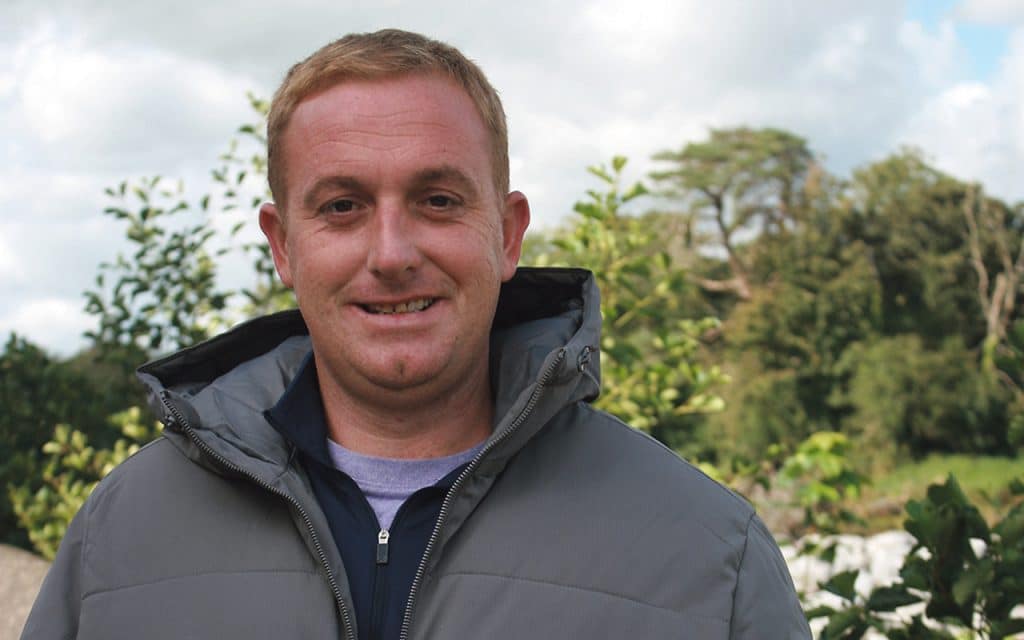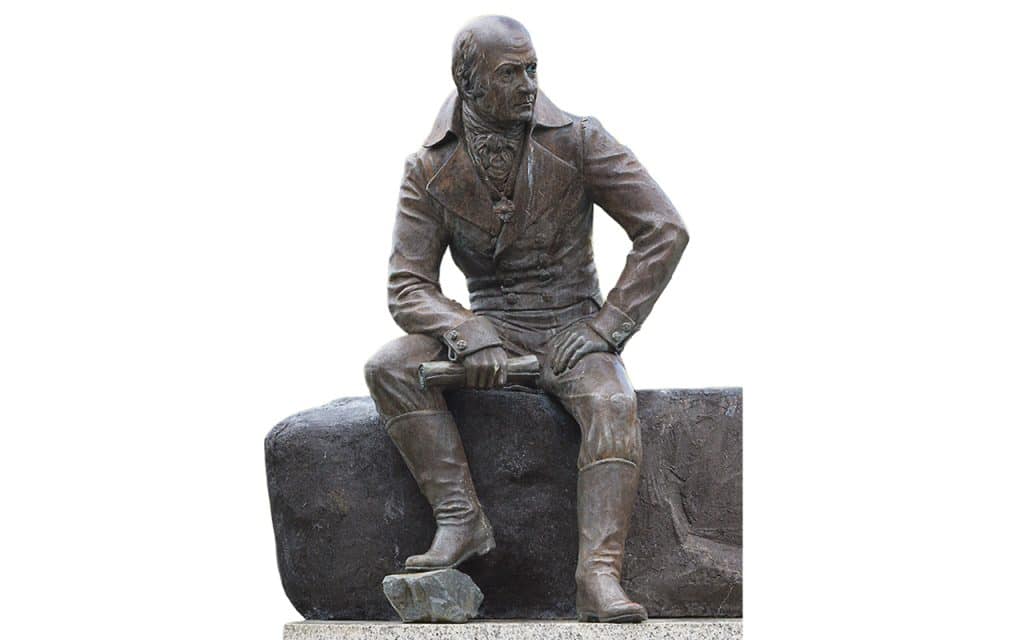With firsthand experience of the devastating effects of addiction, Recovery Coach addiction specialist Adrian Linehan recently took a stand with the people of Bandon against plans for a new gaming arcade in the town. The protest was a success. The director of the casino company listened to the concerns of his community and withdrew the application. With rising numbers of children suffering adverse effects from gambling exposure in Ireland, Adrian and the people of Bandon breathed a collective sigh of relief at this result. He chats to Mary O’Brien about his past struggles with addiction and shares how today he helps others through Recovery Coach Addiction Services.

Along with gambling addiction, alcohol and drug addiction are on the rise in Ireland. According to the Health Research Board there were 8,745 treatment cases for problem alcohol use in Ireland in 2024, the highest number of cases in a decade. The figures also show that nearly one in three cases had a problem with other drugs as well as alcohol.
“I know how incredibly destructive any form of addiction can be and how easily one addiction can lead to another, so I am incredibly relieved that we managed to stop this gaming arcade in the town,” says Adrian.
Adrian, 35, was 11 when he first started drinking alcohol to excess and 14 when he attended his first treatment centre. After spending 10 years in a downward spiral, battling alcohol, drug addiction and depression, the Bandon native went into recovery in 2011. Today he runs Recovery Coach Addiction Services, using his experience to help other people struggling with addiction.
“There was a void in me and drinking made me feel like I belonged,” he shares. “At first it was just at weekends but it soon got out of control.”
Adrian started using drugs, first marijuana, then benzodiazepines and opiates – essentially anything he could get his hands on.
He took a year out of school when he was 16 to try to get his substance misuse under control but instead his addiction escalated and he started getting into trouble with the guards, eventually ending up in the foster care system, which resulted in a move to Cork City.
The transition from country to city came as a huge shock to the teenager and before long “I found people just like me and things got worse,” he shares.
By the age of 17 Adrian was taking up to 50 tablets a day. “I didn’t know or care what I was taking,” he says. During one drug test methadone was found in his system.
He became homeless, sleeping on a bridge in Cork City.
Adrian tried to take his own life more than once by taking an overdose or jumping into the River Lee. “At the time I couldn’t stop using, I was desperately lonely and felt like I was just a nuisance to people, especially my family.”
After becoming a regular at CUH’s Emergency Department, he accepted assistance from a crisis nurse, who travelled with him to Medjugorje, where he was to join the Cenacolo Community, an organisation set up to help young people whose lives had taken a wrong turn. “I wasn’t ready for help,” he shares. “I lasted four days before my mother had to come and collect me.”
“My mother is the only person who never gave up on me,” he adds.
Adrian’s turning point came in the early hours of a morning at a party in Bandon. “I was 21 and sitting there unable to finish a drink,” he remembers. He went home and over the next few days suffered severe alcohol and drug withdrawal symptoms, including vomiting blood and hallucinations. “The walls were talking to me,” he says. Unable to cope, he called his mother and told her he was going to kill himself.
A week later Adrian woke up from a coma in CUH. “I had a moment of clarity when I woke up and I realised I was willing to do anything to get sober,” he shares. He then entered treatment for the seventh time.
“It was one of the hardest things I ever had to do in my life, as I was mourning the drink and drugs,” he shares. “I cried very night I was in Tabor Lodge.”
Twenty-eight days later Adrian walked out, scared, but in recovery, and started his life over.
“I came out a different person and I haven’t looked back since.”
With the support of his family, Adrian went on to study Health and Fitness in college. After completing a course in Addiction Studies, two years ago Adrian started Recovery Coach Addiction Services, where he now works full-time. To-date over 500 people have passed through the service, receiving help with all sorts of addictions.
Now working full-time with Recovery Coach, a service which offers support in a confidential and non-judgemental space through addiction and recovery, Adrian is grateful to have the opportunity to help others. “It’s hugely rewarding helping others come back to life,” he shares.
As well as a 24/7 helpline, Recovery Coach offers one-to-one coaching and peer-led support groups. “We support people to their appointments, to treatment centres, through the court system, in prison and on their release, and so on,” explains Adrian.
Three nights a week, Adrian leads a group of volunteers in patrolling the banks of the River Lee on suicide watch.
The service also offers support to the families of people struggling with addiction. “My advice to families is to never give up hope,” he says.
Recovery Coach Addiction Services operates a secondhand clothes in Bandon Shopping Centre, offering employment to people in recovery and to raise funds for the initiative.
A Fashion Show in aid of Recovery Coach Addiction Services will take place at Bandon GAA Club on October 17 at 8pm.
Today Adrian is living life to the full, getting a round of golf in or holidaying with friends any chance he gets. “I was long enough in the gutter and I’ll never go back,” he says. His hope is to build Recovery Coach into a national service.
To access Recovery Coach Addiction Services helpline call 087 6089148.
www.recoverycoach.com



